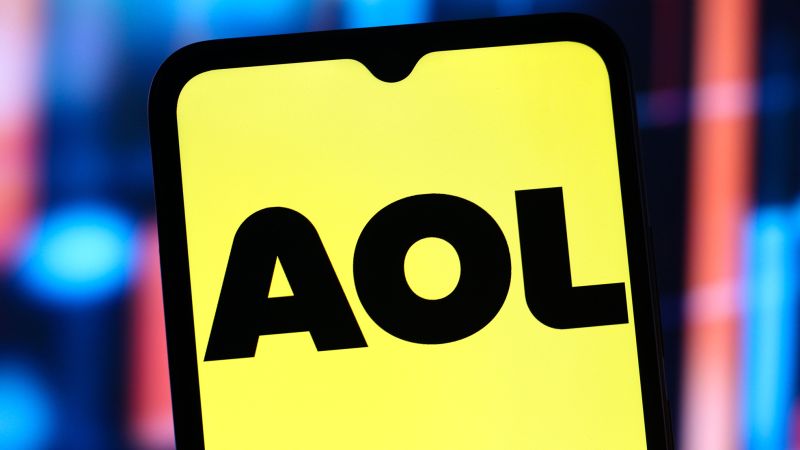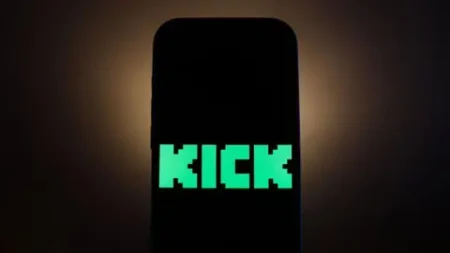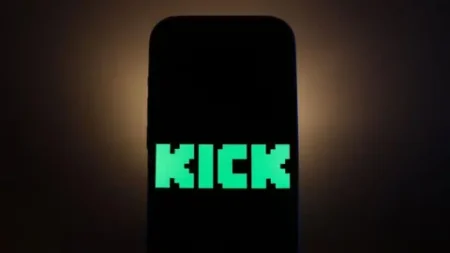In a significant development for the digital landscape, AOL, a pioneering force in the internet era, is poised to discontinue its dial-up service next month, marking the end of an era that catapulted millions of Americans onto the online platform for the very first time. For many, AOL represented the gateway to the internet during its initial years of rapid expansion in the 1990s and early 2000s. The official announcement was made on the company’s website, where it stated that it “routinely evaluates its products” and has ultimately decided to cease its Dial-up Internet service effective September 30, 2023, thus closing the chapter on over thirty years of legacy operations.
Despite the widespread adoption of broadband and wireless internet access across the globe, AOL maintained its dial-up service, which enabled connectivity via landlines. This archaic form of internet service, while often criticized for its slow speeds, still managed to provide internet access to a small group of faithful users. According to data from the 2023 U.S. Census, approximately 160,000 individuals are still connecting to the internet utilizing this landline-based service. This figure, though small, showcases the lingering presence of dial-up in certain communities, particularly among those with limited access to more modern broadband solutions.
The AOL experience was characterized not only by its substantial technological relevance but also by its deep interrelation with pop culture phenomena during the 1990s. Memorable phrases such as “You’ve Got Mail” and references in shows like “Sex and the City” are testaments to AOL’s place in American society. The unique sounds of AOL—those characteristic tones, beeps, and screeches—evoked both nostalgia and frustration as users connected to the internet through modems. Furthermore, the company’s marketing strategy, particularly the distribution of CDs with free trial offers for internet access, became a ubiquitous sight in mailboxes across the country, solidifying AOL’s foothold in everyday life.
However, in recent years, much like its dial-up service, the overall identity and influence of AOL have diminished significantly. AOL has transformed into a mere shadow of its former self, as technological advancements and consumer preferences shifted dramatically. The once-popular AOL Instant Messenger (AIM), an early pioneer in online communication, was shut down in 2017, further signaling a decline in the brand’s relevance. An additional complication arose as AOL cycled through a series of corporate ownerships, indicating a wider trend of instability in the tech landscape.
Historically, AOL underwent a memorable but ill-fated merger with Time Warner in a deal that was widely criticized for its lack of synergy and strategic foresight. This acquisition highlighted the challenges of maintaining coherence and relevance in rapidly evolving markets and ultimately contributed to AOL’s gradual decline. Presently, AOL is owned by a private equity firm, which intriguingly also owns Yahoo, another internet titan that has faced its own set of challenges in the evolving digital marketplace.
Despite the momentous nature of its decisions, AOL did not provide immediate commentary regarding the termination of its dial-up service. This development invites reflection on how far the internet has come since AOL first captured the imagination and attention of millions. The transition from dial-up to modern broadband is emblematic of the relentless pace of technological progress, which continues to shape the way individuals connect and interact in today’s digital world.
In conclusion, the sunsetting of AOL’s dial-up service underscores the broader trends within the tech industry, characterized by rapid evolution, shifting consumer preferences, and the relentless march of innovation. As we move into a future defined by high-speed connectivity, it is essential to acknowledge the profound impact AOL had in opening the doors to the online world and connecting a generation to the burgeoning sphere of digital information and communication. The company’s legacy will not be forgotten, even as it turns a page on its dial-up history.










